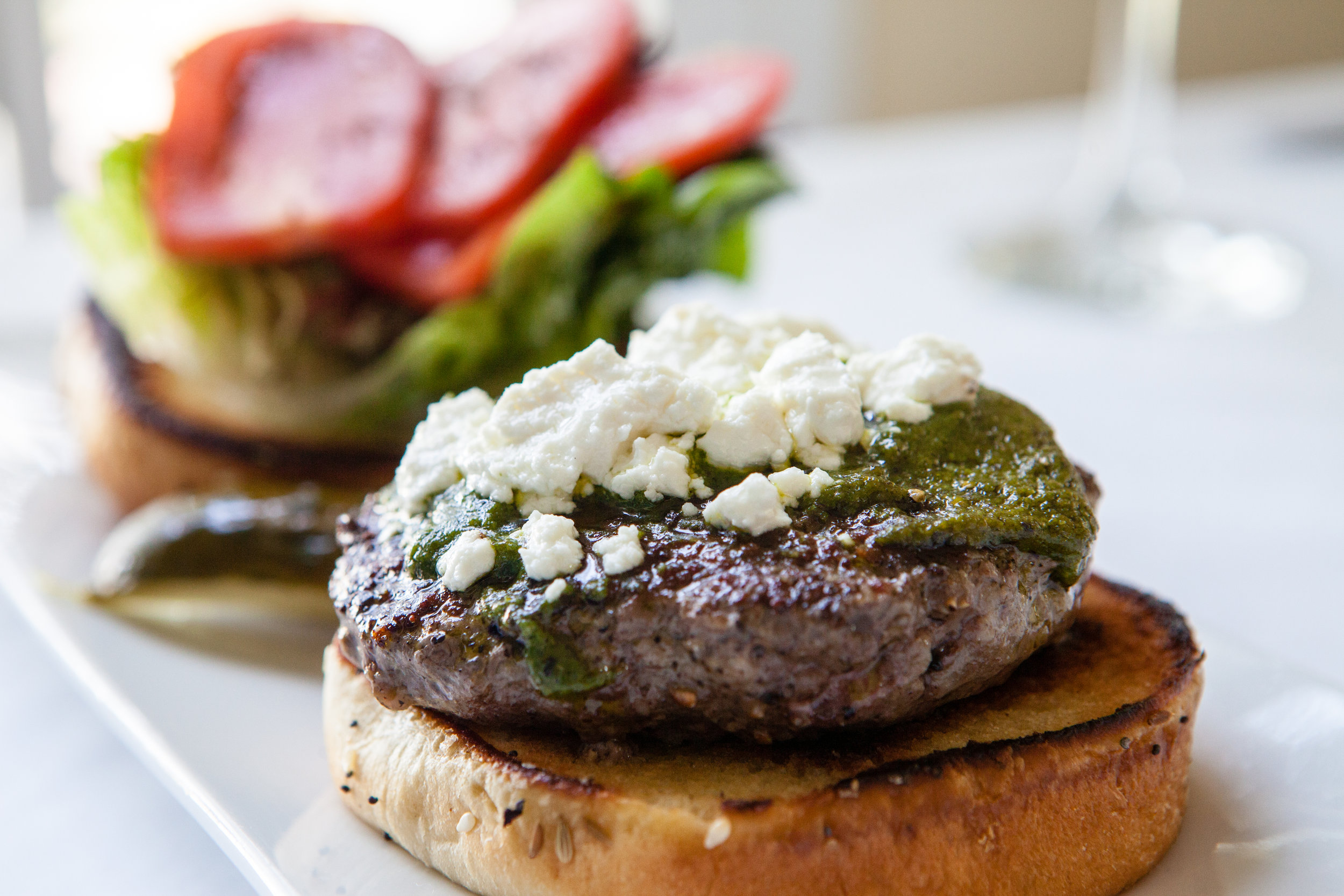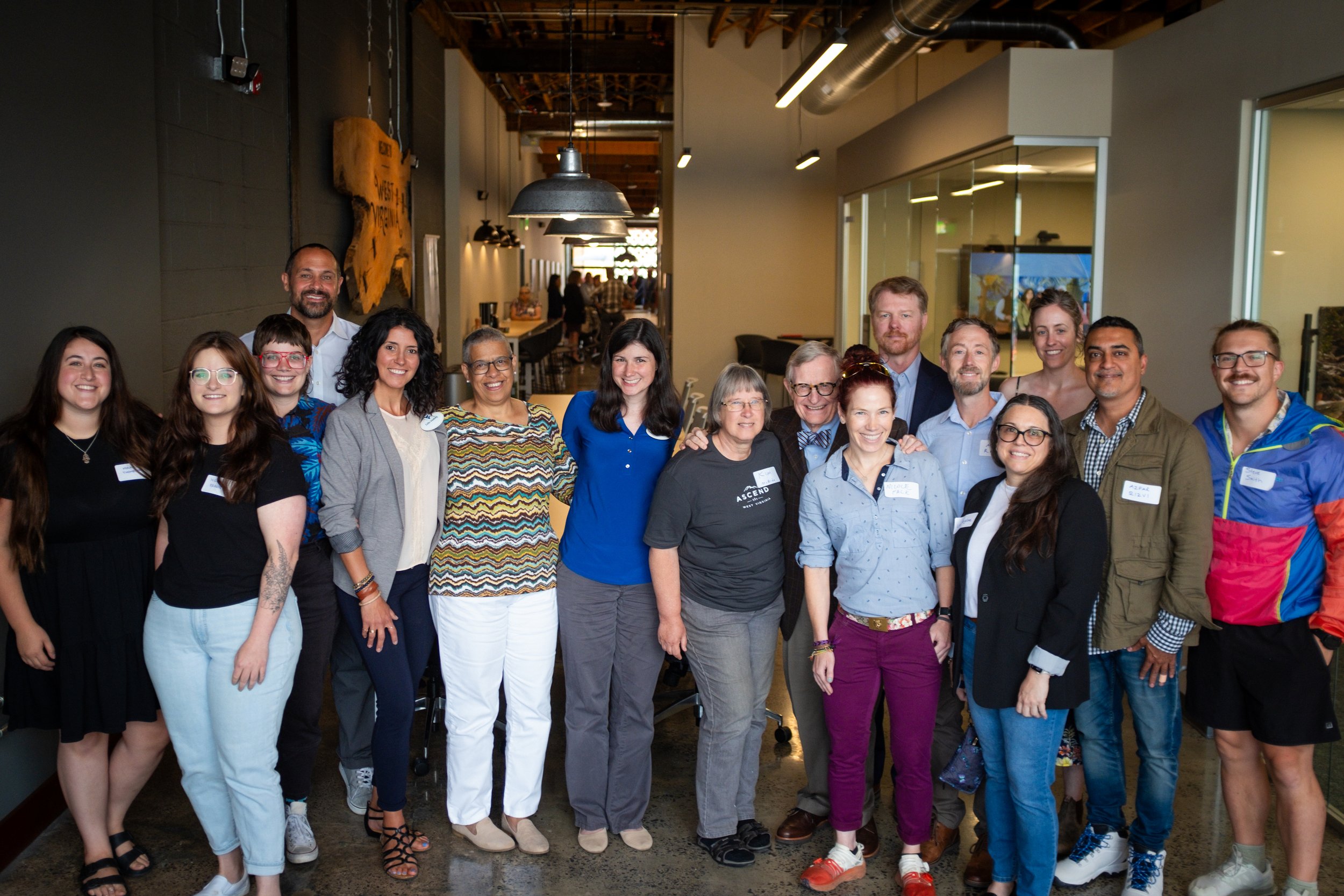The Valley. A Meditation.

BY SARAH ELKINS
For nearly two weeks I have listened to the Pacific king tide beat the walls of this hotel where I move every day from bed to auditorium to café to auditorium to bed, always with this laptop or some book open and crashing against my eyes. I am here on the Oregon coast. I am reading poems by a man who lived in the grape country of California. I am as far away in body and mind from home as seems necessary to begin asking: What is it about the Greenbrier Valley? What is it about the place I have now lived longer than any place in my life?
Here on the Pacific shore, the ocean is a constant winter assault and my peers are drawn to it as if something in the moon drags them out with the tide. One settles into the seat next to me in the auditorium, her blond hair a tangle of something washed ashore. She is breathy, her cheeks pink and sand scraped, “I went out to the beach on break,” she says.
Two days ago, a father and his seven-year-old daughter and four-year-old son were struck by a sneaker wave nearby. We have been warned against turning our back on the ocean. Sneaker waves are a real thing. Neither child survived. Their father did but survive seems not to be the right word here.
My friends, one from San Diego and two from Boston, laugh when I avoid the beachside walk between hotels where we are attending a writing residency. I prefer to walk the neighborhood streets and peek in the front windows of the small mill houses. Though, I don’t think this place has ever been a mill town. A Siberian Husky has been tied to a porch for my entire stay. He tries to bark but he’s been devocalized, and his voice comes out like a low moan, which, even if he still had a bark, might be the thing he would choose to say anyway.
Every day except one, it has rained the sort of spritz that doesn’t require an umbrella and the sky is a grey expanse that blends into the seascape. One day it snows and a teacher from Florida who writes poems about lockdowns and the abandonment of God runs outside to stand it in because he’s never seen snow.
I write about West Virginia a lot—deer, my hikes, the way the sun sets into the grooves of the mountain when driving west on I-64, the rose of Sharon in my backyard. A fellow student who sits next to me in workshop, a yogi from San Francisco, calls me West Virginia instead of Sarah. I like this.
So, what is it about this place in particular? This southeastern corner of West Virginia called the Greenbrier Valley? This place that shows up in everything I write whether I realize it or not. Why do people descend here from every corner, all with the same half-grin of having discovered a secret?
Maybe it’s the Greenbrier River that flows undammed through the valley. Maybe there’s something to letting a river be a river, not stopping it or forcing it to pool itself into a lake. Its deadly force rivals that of the ocean, but there are also record numbers of bald eagles nested along its length. Bald eagles are wary. They have survived us so far, our DDT and habitat destruction, our poachers. That they are coming here in droves is something.
Even now, 2,800 miles away from where I am, I know there is a heron lifting off the water heading for a stand of red oak and Virginia pine. And a bald eagle watches from a high perch.
Some say there is a vortex in the Greenbrier Valley like the one in Sedona, Arizona. It does seem this place draws everything to it. Maybe there’s some invisible energy at work here that lightens the spirit, opens us to what some might call love or humanity. Or maybe there is something here that allows people to be people with all their quirks and bends, and that natural free flow, undammed, only later gets labeled love or humanity. Maybe we all live a little closer to the land here, a little closer to the river that seems to say to us, “Live this way.” And maybe we do.
Or, maybe it’s something else. Maybe it’s that my son rides his bike alone through town coming home when the sun sets. That we know each other and our stories, our devastations and missteps. That we buy eggs from the neighbor. That you, reading this, know my dog has been dying for years and even though it has become a joke by now, you will come with your shovel when it’s time. That we all keep trying to imagine a place into existence that can stand against the crashing wave of whatever is next. That while we are getting so many things wrong, we are getting at least a few things right.
I’m not sure it matters what it is about this place, but the bald eagles like it. And I feel better tucked into these mountains than I do standing on the coast afraid to turn my back.




